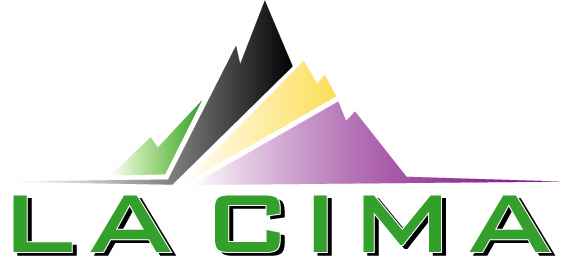Latino Student Leadership
For many Latino students, school is a challenging place where culture and language can create barriers to success. Through custom-tailored leadership programs delivered in both English and Spanish, Latino students can discover answers to key questions such as “Who am I?” “What can I do?” and “Where do I go from here?”
Latino students will develop self-confidence they didn’t know they had. And they’ll learn the skills they need to make their dreams a reality. Positive changes for Latino students also can ignite a passionate response throughout the culture of your entire school. Our research shows that Latino students who learn leadership skills can help you create the conditions to reach six of the eight new principal evaluation criteria.
Interested in a custom program for your students or staff?
Washington Student Leadership offers Latino leadership programs for all ages, including "¡La Chispa!" for middle level students, "La Cima" for high school students, and custom-tailored school programs to meet your Latino student needs.
¡La Chispa! (The Spark)
Middle Level | Grades 6-8
¡La Chispa! (The Spark) provides unique leadership opportunities for middle level Latino students entering grades 6-8. Students interact with Latino high school role models while participating in engaging activities. Attendees can be elected, appointed or recruited based on their leadership potential. Programs cover identity development, graduation and beyond, communication, group process, managerial skills, self-awareness and human relations. Principal evaluation criteria include: Ensuring School Safety and Engaging the Community.
La Cima (The Summit)
High School | Grades 9-12
La Cima (The Summit) focuses on unique leadership opportunities for high school Latino students entering grades 9-12. Attendees can be elected, appointed or recruited based on their leadership potential. Programs cover identity development, communication, group process, managerial skills, self-awareness and human relations. Principal evaluation criteria include: Closing the Gap, Creating School Culture, Ensuring School Safety and Engaging the Community.
Custom School Programs
All grade levels
Custom-tailored programs to meet your cultural needs. We understand that not every Hispanic population is the same. Delivered in both English and Spanish to affirm the bicultural experience of Latino students. To learn more, contact Vincent Perez at 360.497.5323.
Keynote Presentation:
The Next Great American Story | Audiences from 50-500
Promote a Positive School Climate
- Inspirational message and story telling
- Interactive learning
- Student follow-up activities
Leadership Development Workshop:
Student groups from 20-150
Help to Close the Achievement Gap
- Identity development
- Student resources
- Student follow-up activities
Parent Engagement
Full-day and evening workshops
Connect Families and Your School
- Parent flyer
- Student-led parent presentation
- Student follow-up activities
Transition Support and Mentor Training
Flexible scheduling
Build Support Systems for Student Success
- Student support and mentor training
- Support for feeder school transitions
- Exposure to multiple educational and career pathways
Staff Training & Professional Development
Cultural Sensitivity Training: Knowing Your Students
Equip your staff with cultural understanding to better serve students.
Adolescence is a period of intense identity development. Understanding the cultural and class forces our students undergo starts by turning the lens inward. Since infancy we are socialized through our interactions with a variety of beliefs – ideas about race, gender, religion, socioeconomic status, politics, body image, etc. – that shape our view of the world, guide our actions and give meaning to the roles we play.
This workshop is designed to provide participants with an understanding of how we develop the mental models that shape our identity and behavior. Through a collaborative process (design thinking), participants will engage with empathy maps to consider the scope of influences on their students’ lives. Participants will practice models that will help them reflect on their work as educators. The workshop provides practical tools and resources for teachers and youth service providers.

